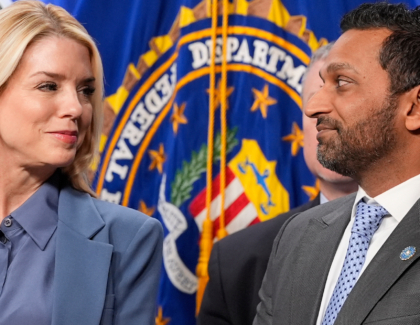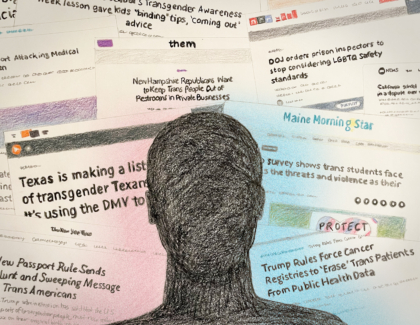Sign up for the daily CJR newsletter.
With the unemployment rate hovering near 10 percent and a staggering 6.3 million people jobless for six months or more—the most since the government started keeping track in 1948—it’s easy to think that this is a sad story that’s already been told.
As we’ve said before, this is a story that demands some creativity from the business press.
But in its front page Sunday piece on the long-term unemployed, The New York Times shows that it is still very much a story worth telling.
The piece tackles the big-picture, including the scarcity of new jobs even as the economy shows signs of recovering, and the strains on the social safety net. It also gets up close and personal, showing what all this means for formerly middle-class folks who are trying to cope and hoping that this isn’t the new normal.
Here in Southern California, Jean Eisen has been without work since she lost her job selling beauty salon equipment more than two years ago. In the several months she has endured with neither a paycheck nor an unemployment check, she has relied on local food banks for her groceries.
She has learned to live without the prescription medications she is supposed to take for high blood pressure and cholesterol. She has become effusively religious — an unexpected turn for this onetime standup comic with X-rated material — finding in Christianity her only form of health insurance.
“I pray for healing,” says Ms. Eisen, 57. “When you’ve got nothing, you’ve got to go with what you know.”
We’ve praised the Times before for tackling this topic. And with reporting staffs everywhere feeling the crunch, this is a good reminder that the most important decision a news organization makes is what to cover. The rest usually works out just fine.
But part of what makes this Times story stand out comes from the fact that the paper has people who really know their way around the non-rich people beat. This time, it’s Peter Goodman, whose work has already received The Audit Seal of Approval. His colleague, Steven Greenhouse, has also put in his years reporting on the working lives of the rest of us.
There’s one more thing to like about stories like this one in the Times, and that’s the attention to the way real people are leading their real lives, going to work, looking for work, struggling to pay their bills. Lose that focus, as we’ve seen, and crazy things happen—like subprime borrowing climbs to 20 % of the market in 2006 (yeah, $600 billion) and most of the business press seems not to know what it means.
So well done to the Times. The bad news here is that this story is still sticking around, so there will be plenty of time for others to tell it their way.
Has America ever needed a media defender more than now? Help us by joining CJR today.






